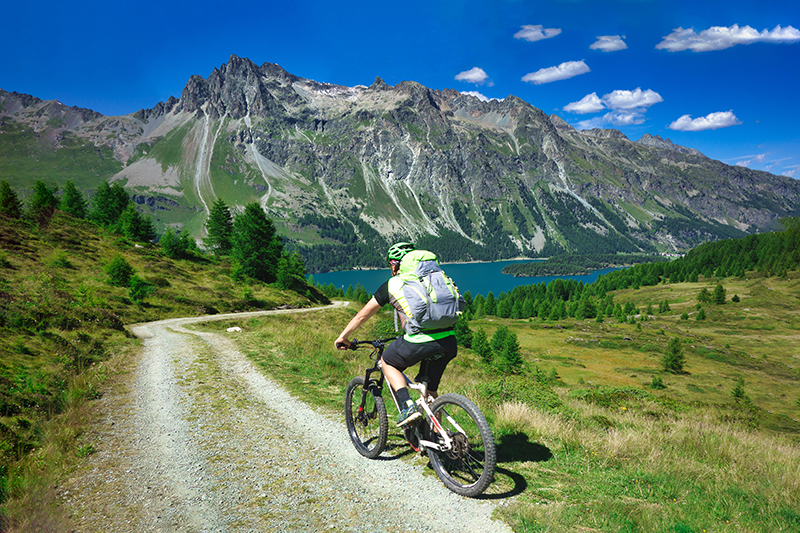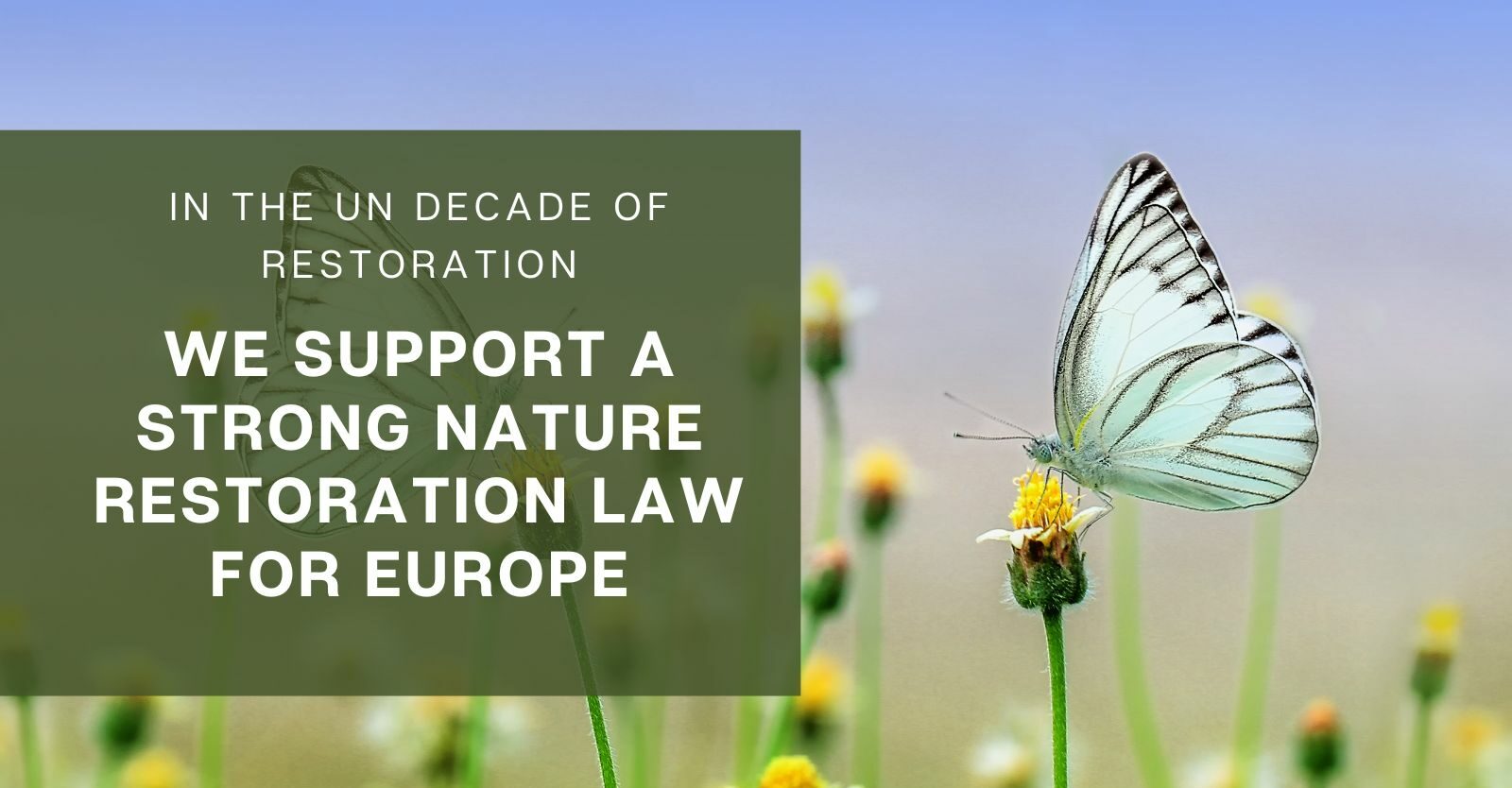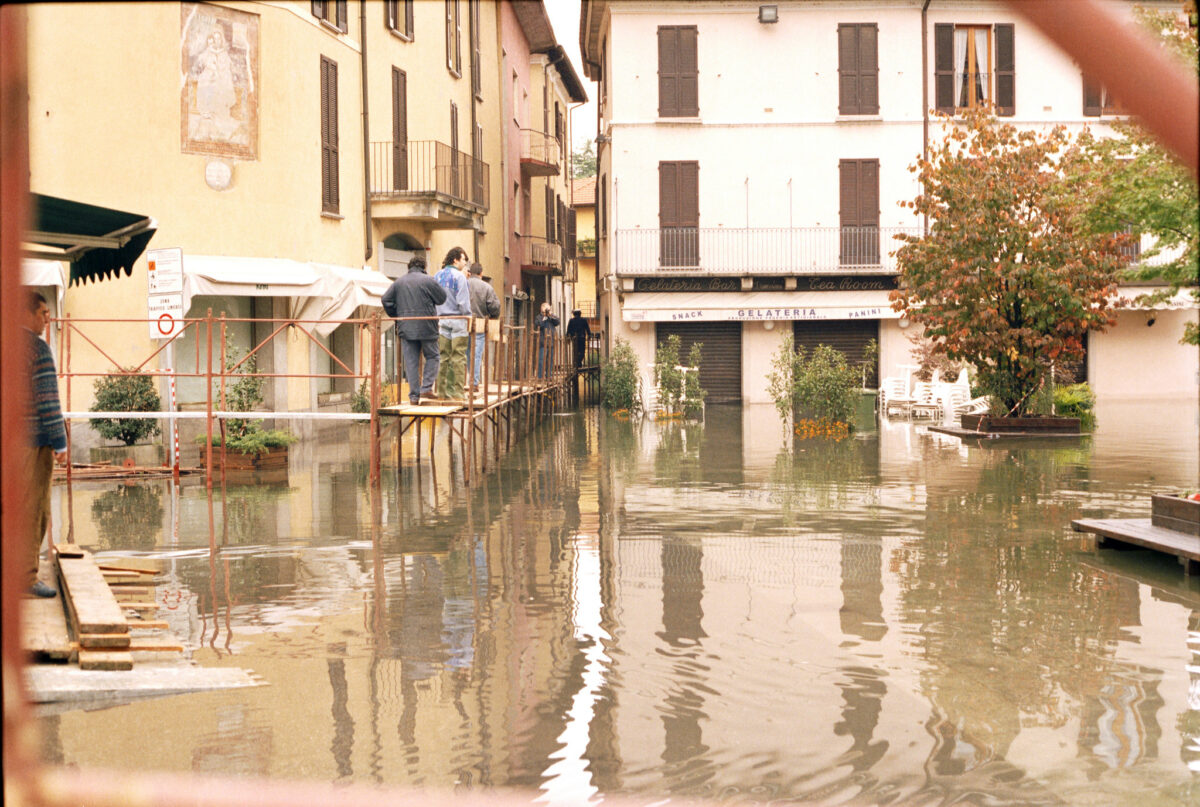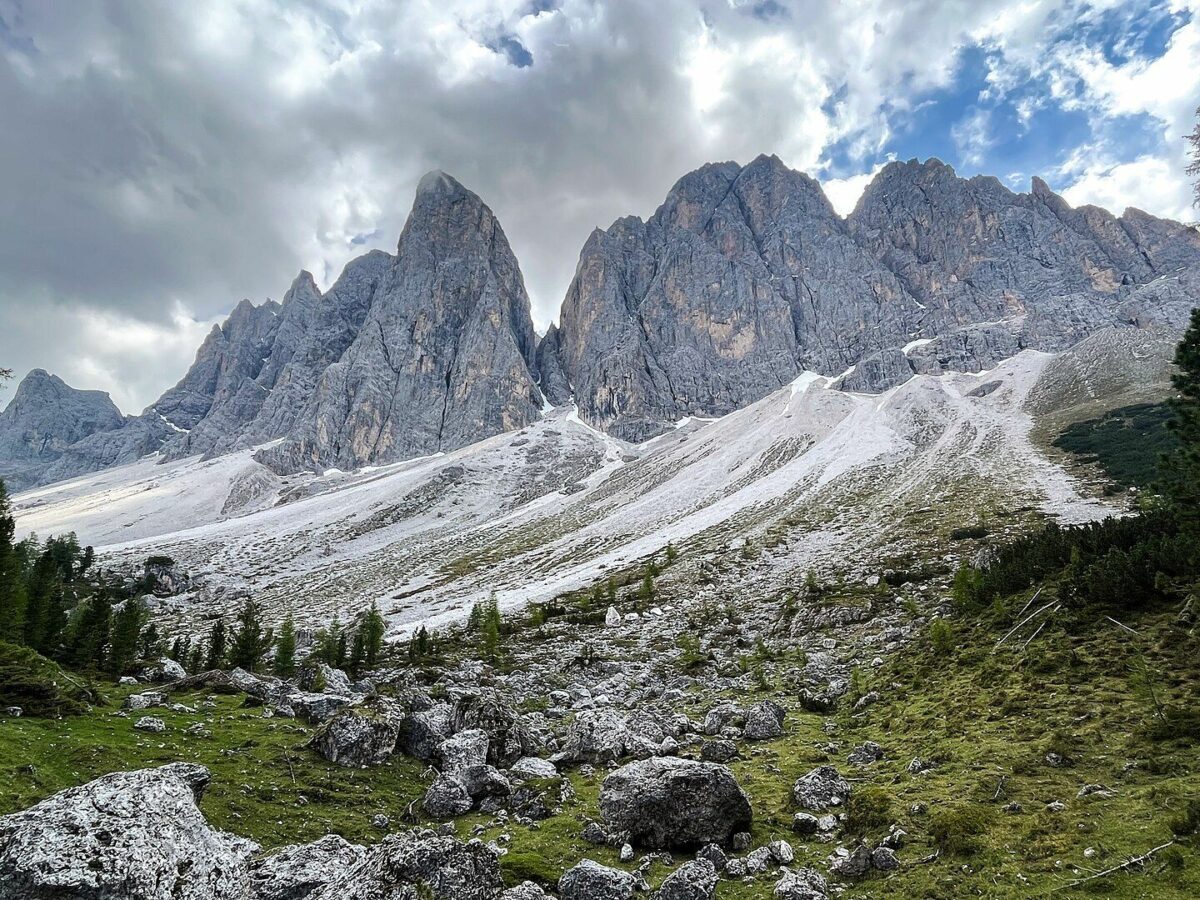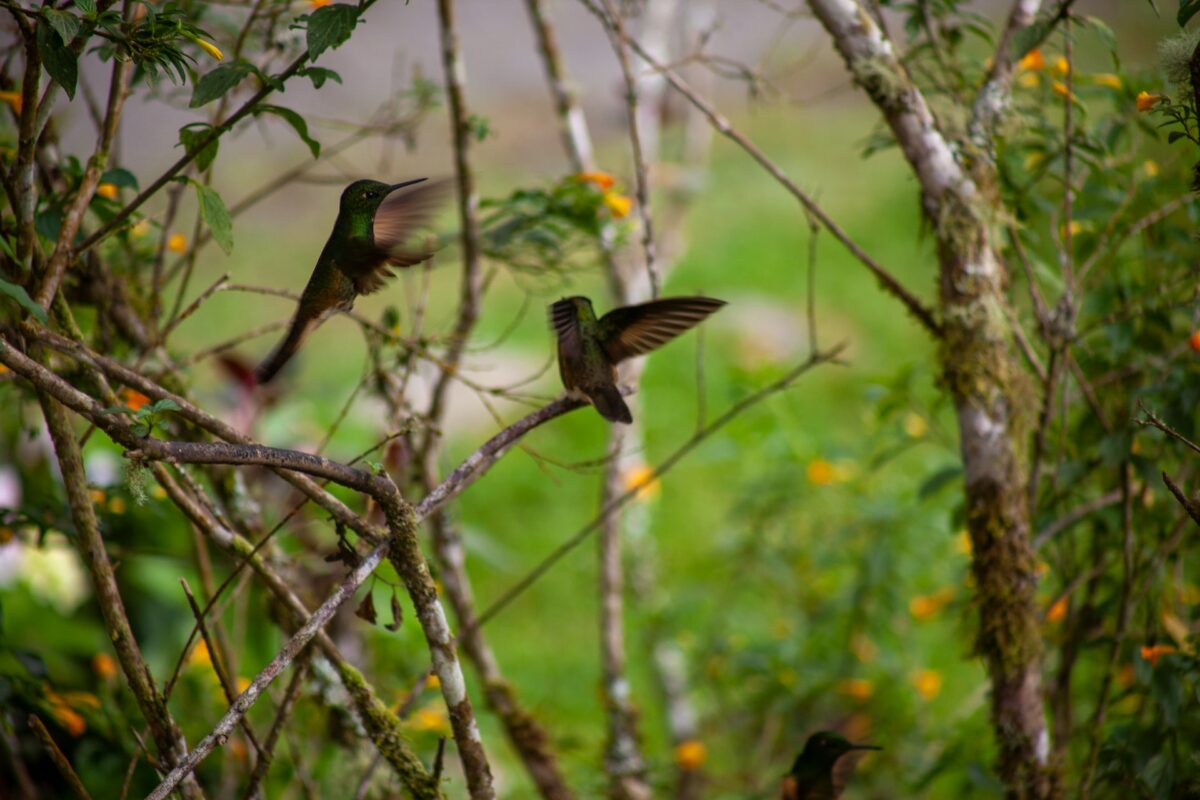Ecosystem Services and human wellbeing
- 2025


- Ecosystem Services and human wellbeing
- Responsible Management
- Italy
- 2025
Every day, we benefit from the services that nature provides: clean water, breathable air, fertile soils, landscapes that improve our well-being. But what happens when these services are degraded or disappear? Understanding how ecosystem services work is crucial for those involved in land management and seeking to protect natural capital effectively and sustainably. In this article, we explore the meaning of ecosystem services, their main categories, the benefits they provide, and the tools available to enhance their value, including from an economic perspective.
Read MoreDefinition, characteristics, and benefits


